On May 25, the CHERRIES project organised a conference to bring together experts and practitioners to discuss connecting responsible innovation ecosystems, with a particular emphasis on the healthcare sector. CHERRIES partners shared their experiences in implementing the CHERRIES model thus far during the project, and the main conclusions that have emerged so far. Partners shared their experience implementing co-creation, some of whom were learning and implementing this concept for the first time, and how the pandemic changed their engagement and involvement with diverse stakeholder groups, given the evolving restrictions.
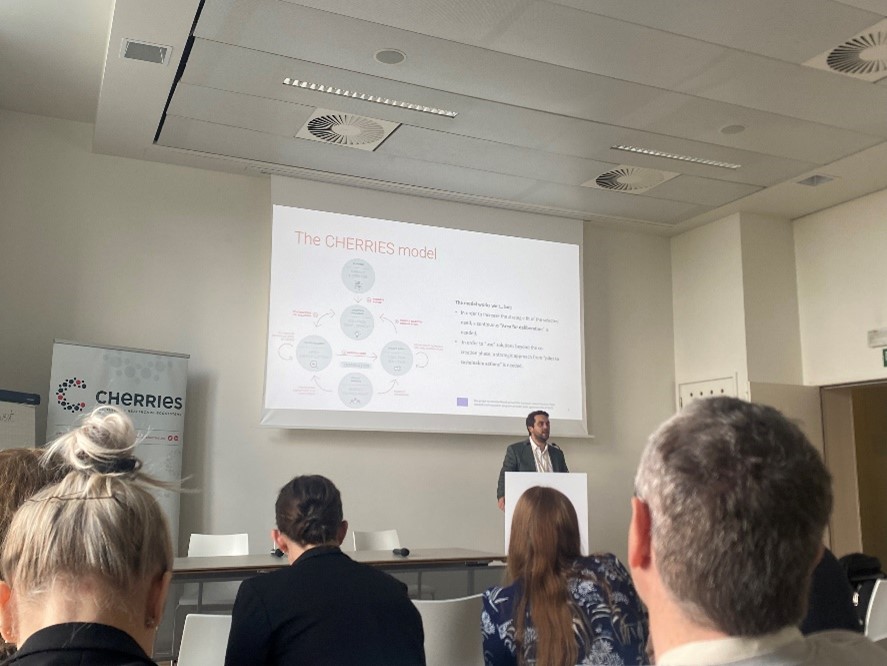
One of the challenges highlighted during this was the move from the operational level to the strategic level when implementing the model, throughout the process of assessing how to best replicate and scale up the most positive results. The second session featured parallel workshops in which conference participants formed small groups to discuss the next generation of the CHERRIES model. These workshops provided the opportunity for people coming from mirror regions and other projects implementing RRI and co-creation, such as TetRRIS, to share their experiences and best practices, and relate these to the challenges and successes of the CHERRIES project.
For the second half of the conference, it merged with the European Business Network congress, as sessions focused on the green and digital transition in the coming years. Nir Koren, CEO and founder of building opened the afternoon with an engaging presentation that involved audience participation discussing the connection between innovation and sustainability, and advocated for the need to think about sustainability, not as a silo and an independent concept in itself, but to think about sustainability and innovation together. The follow session, “Responsibility and Sustainability – two sides of the same coin” was moderated by Lotta Karlsson-Andersson CEO of Activa Foundation. During this session, Mr Marinos Portokallides, Scientific Officer ‘A at Research and Innovation Foundation, mentioned that “we should move from an industry-driven to more demand, responsible driven innovation”. In the panel, there was frequent mention of the need to engage citizens and a wider range of stakeholders. The need to create awareness as to how regional innovation can improve citizens lives and create a common goal amongst stakeholders that will not only keep them engaged but help contribute to the common goal.
During the final session “Testing RRI and demand driven approaches to shape regional (smart specialisation) innovation strategies”, Nicola De Michelis from DG Regio discussed the future relevance of smart specialisation strategies. He suggested that while the strategies aren’t perfect, they do continue to offer enough value to continue to be in use, and that now is the time to engage with regional authorities to revise these strategies to be effective and sustainable in the coming years. Moreover, in line with RRI principles, he talked about the need to involve different stakeholders with different skills in order to bring together that collective knowledge, which allows organizations to be more demand-drive, and ultimately have a wider intake by the public. Douglas Robinson, Deputy Director of LISIS-CNRS discussed the need to involve firms, and how citizens and other stakeholders could be incentivised to be involved in co-creation activities.
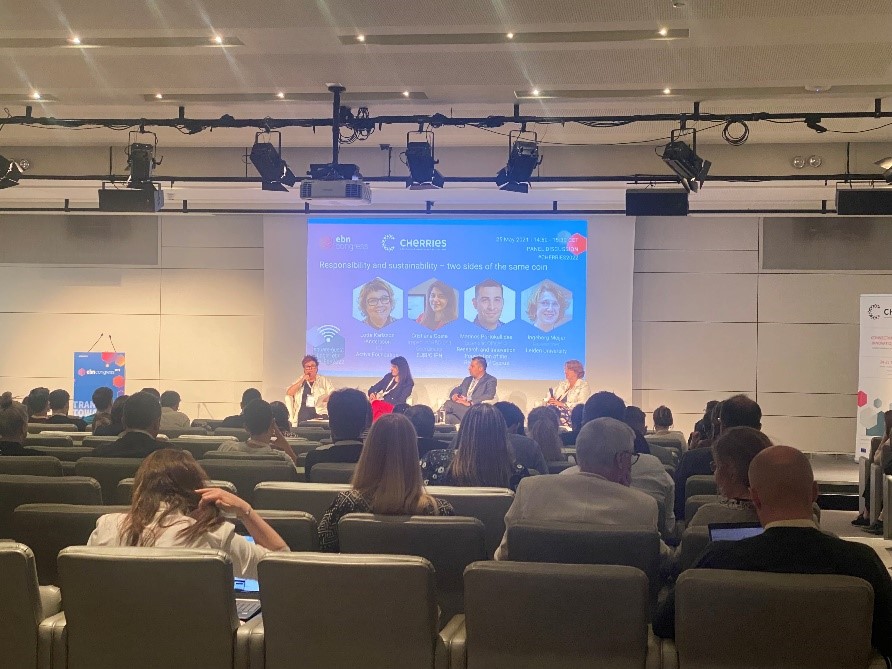
Overall, the conference provided thought-provoking discussions, insightful presentations, and reflected the wealth of knowledge and ideas that have led to best practices in RRI and smart specialisation strategies, suggesting no lack of ideas or innovation by the sector in the coming decades.
Hits: 194

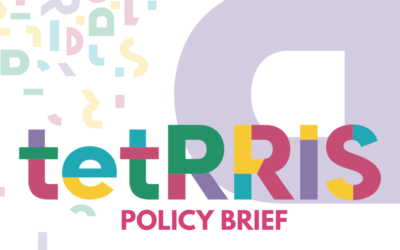
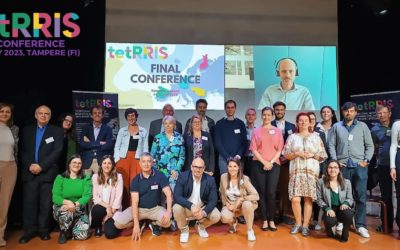
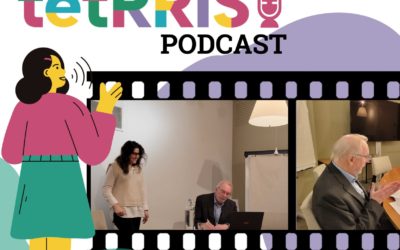
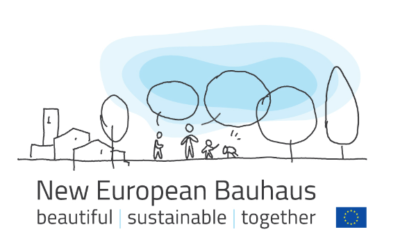
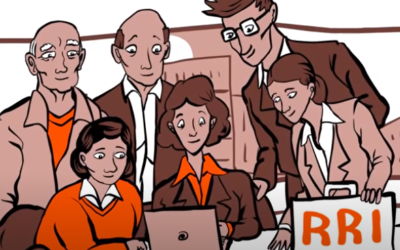
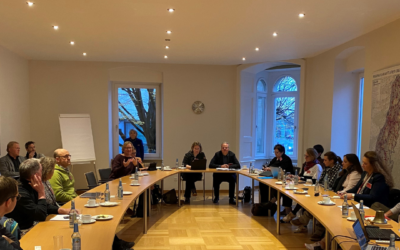
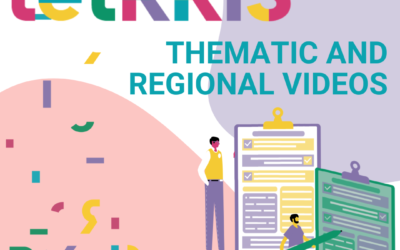

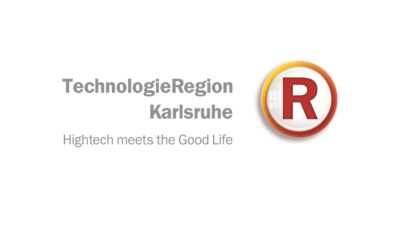
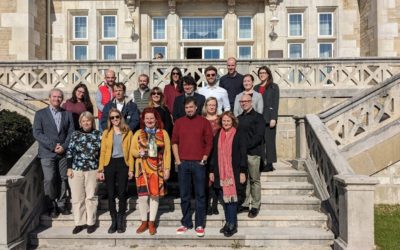
0 Comments